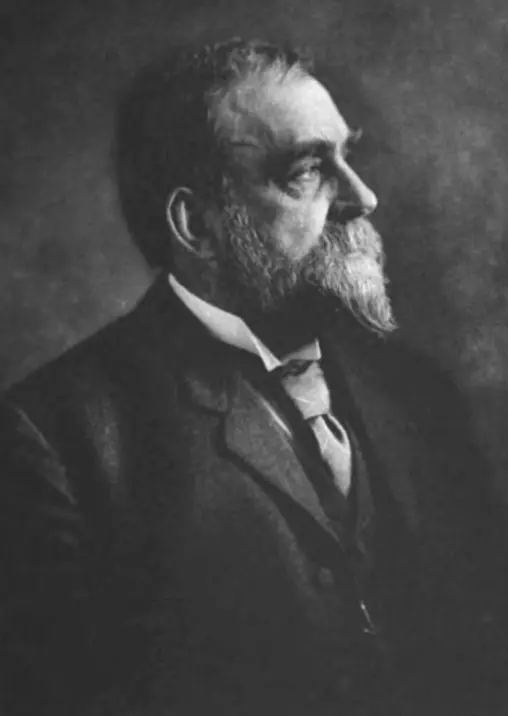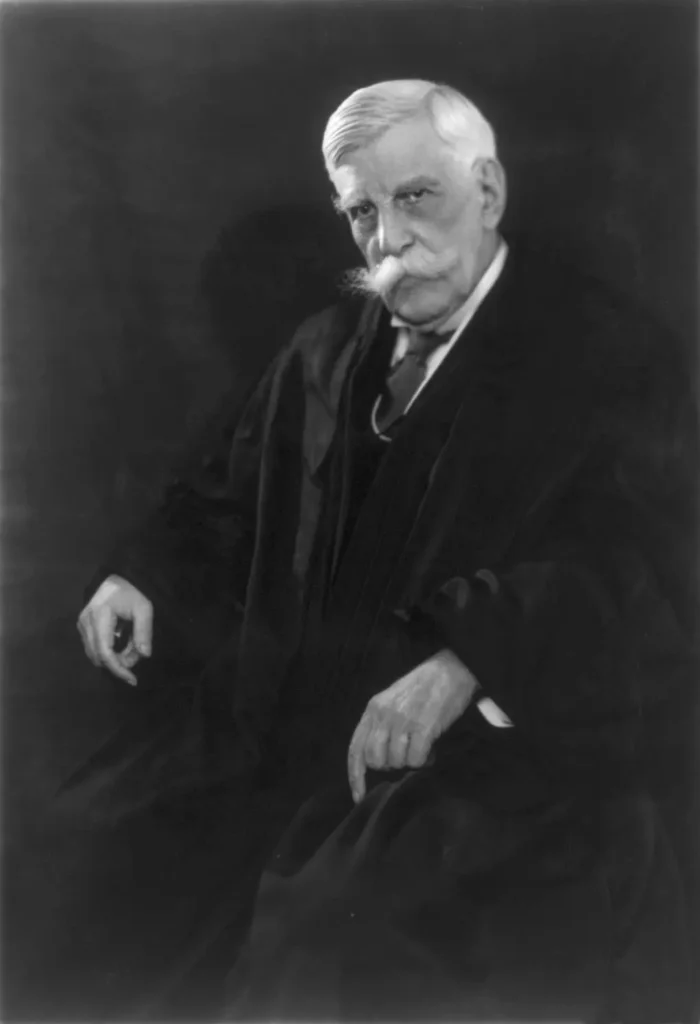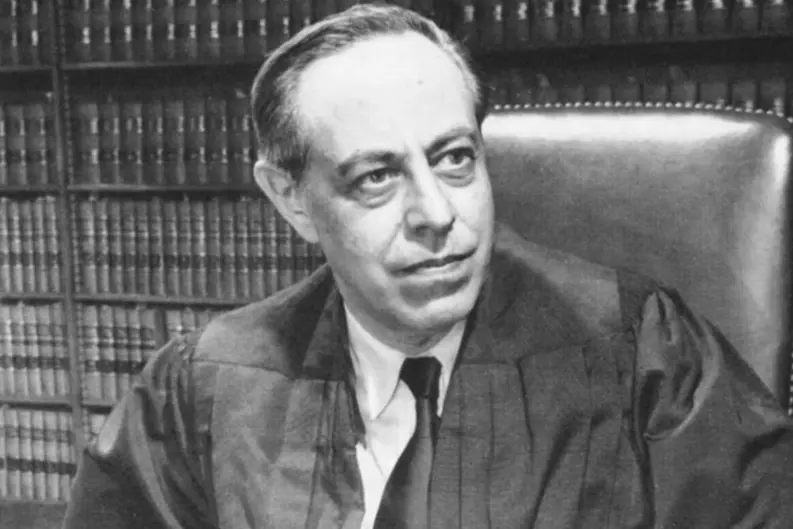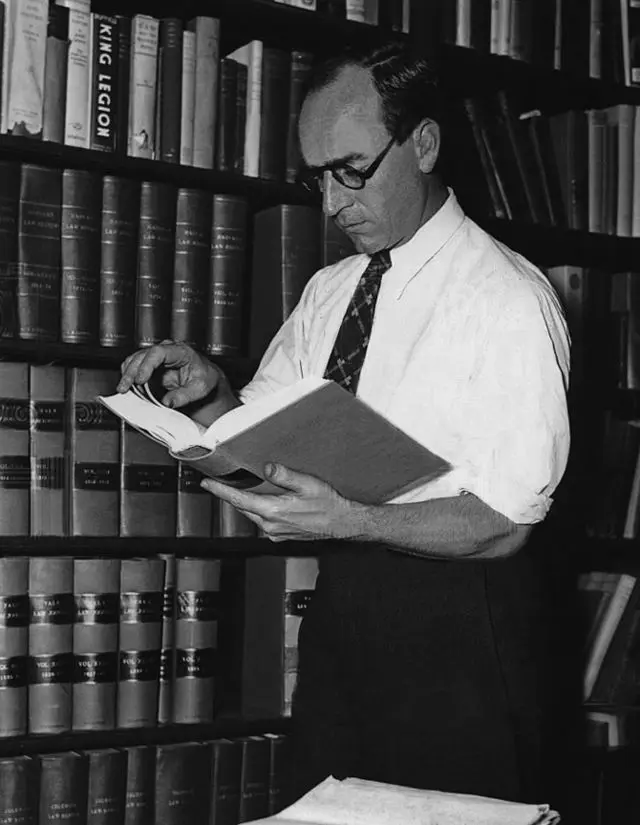Introduction
The Realist School of Jurisprudence marks a significant departure from traditional legal theories by focusing on how law functions in practice. Emerging in the early 20th century, this school emphasizes the real-world application of law, highlighting the role of judges and their decisions in shaping legal outcomes.
Understanding Legal Realism
Legal Realism challenges the conventional view that law is a set of objective rules and principles. Instead, it posits that law is subjective and influenced by the personal experiences, biases, and societal contexts of judges. Legal Realists argue that to understand the law, one must examine how it is applied in everyday life.
Also Read: Philosophical School Of Jurisprudence
Key Features of the Realist School
Law as a Practical Guide
Legal Realists often describe the law as “a good reason for a bad man,” emphasizing that individuals, especially those with nefarious intentions, are more concerned with the practical consequences of their actions than with abstract legal principles. The law serves as a practical guide for navigating societal boundaries.
Rejection of Objectivity
Legal Realism rejects the idea that the law is objective and impartial. It acknowledges that judges’ personal backgrounds and beliefs inevitably influence their decisions, challenging the traditional belief in the neutrality of the legal system.
Focus on Judicial Decision-Making
This school places significant emphasis on studying how judges arrive at their verdicts, considering factors beyond the mere application of legal rules. It seeks to understand the non-logical variables that affect judicial decisions.
Pragmatic Approach
Realism views law as a means to achieve social ends, reflecting the dynamic nature of society, which evolves faster than the law itself. It separates the descriptive aspect of law (what is) from the prescriptive aspect (what ought to be) to facilitate objective analysis.
Skepticism of Traditional Legal Values
Legal Realists challenge traditional legal concepts, arguing that they often describe what courts are doing rather than prescribing what they should do. This approach emphasizes the practical effects of legal rules and principles.
Influential Jurists of the Realist School
John Chipman Gray

Gray, a founding figure of Legal Realism, argued that judges, not legislators, are the primary source of law. He believed that judges’ decisions bring statutes to life, focusing on non-logical factors affecting judgments.
Oliver Wendell Holmes, Jr.

Holmes is known for his “bad man’s theory,” which views law from the perspective of potential wrongdoers. He separated law from ethics and morality, emphasizing the practical implications of legal decisions.
Jerome N. Frank

Frank divided Realists into those sceptical of legal standards ensuring consistency and those sceptical of fact-finding before trial courts. He argued against rigid adherence to precedent, advocating for a more flexible approach that considers societal changes.
Karl N. Llewellyn

Llewellyn expanded Realism by considering legislation a tool for achieving social goals. He introduced the concept of law as a prediction of judicial decisions, highlighting its pragmatic nature.
Scandinavian Realists
Figures like Axel Hagerstorm, Karl Olivecrona, Alf Ross, and A.V. Lundstedt contributed to Scandinavian Realism, which shares similarities with American Legal Realism but also has distinct features, such as a focus on the psychological aspects of law and empirical investigation.
Criticisms of the Realist School
Underestimation of Legal Principles Critics argue that Realists underestimate the importance of legal principles, viewing law as a collection of unrelated decisions rather than a coherent system.
Overemphasis on Litigation Realists focuses heavily on litigation, potentially overlooking broader aspects of law not addressed in court.
Attack on Certainty Realists challenge the notion of legal certainty, which some critics believe undermines the predictability of the legal system.
Human-Centric Perspective While acknowledging the role of human factors, Realists are criticized for attributing too much influence to judges’ personalities.
Contextual Limitations The American Realist approach may not be universally applicable, especially in legal systems less influenced by social forces.
Contributions of the Realist School
Despite criticisms, the Realist School has made significant contributions to jurisprudence:
Pragmatic Emphasis Legal Realists introduced a pragmatic approach to law, emphasizing the practical consequences of legal decisions.
Challenge to Certainty They challenged the notion of absolute legal certainty, encouraging a more nuanced understanding of law’s predictability.
Comprehensive Examination Realists advocate for examining all factors influencing legal decisions, aiming for more informed and fair judgments.
Conclusion
The Realist School of Jurisprudence represents a pivotal movement in legal thought, focusing on the practical implications of law and the role of judges. Notable jurists like John Chipman Gray, Oliver Wendell Holmes, Jr., Jerome N. Frank, Karl N. Llewellyn, and Scandinavian Realists like Axel Hagerstorm, Karl Olivecrona, Alf Ross, and A.V. Lundstedt have significantly contributed to this school. Legal Realism’s recognition of the subjective elements in the legal system continues to influence contemporary jurisprudence, offering a fresh perspective on how the law operates in the real world.
FAQs
1. What is Legal Realism?
Legal Realism is a jurisprudential movement that focuses on the practical application of law, emphasizing the role of judges and their decisions in shaping legal outcomes.
2. Who are some key figures in the Realist School of Jurisprudence?
Key figures include John Chipman Gray, Oliver Wendell Holmes, Jr., Jerome N. Frank, Karl N. Llewellyn, Axel Hagerstorm, Karl Olivecrona, Alf Ross, and A.V. Lundstedt.
3. How does Legal Realism differ from traditional legal theories?
Legal Realism differs by rejecting the notion of law as objective and impartial, instead emphasizing the subjective and practical aspects of judicial decision-making.
Also Read: Schools Of Jurisprudence | 5 Types
Reference: timesofindia